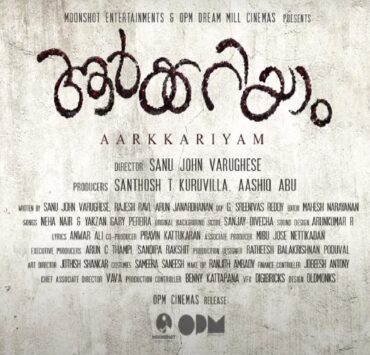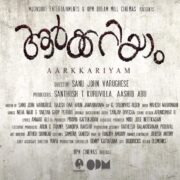SKATER GIRL – REDEFINING SOCIAL RESPONSIBILITY IN FILM MAKING
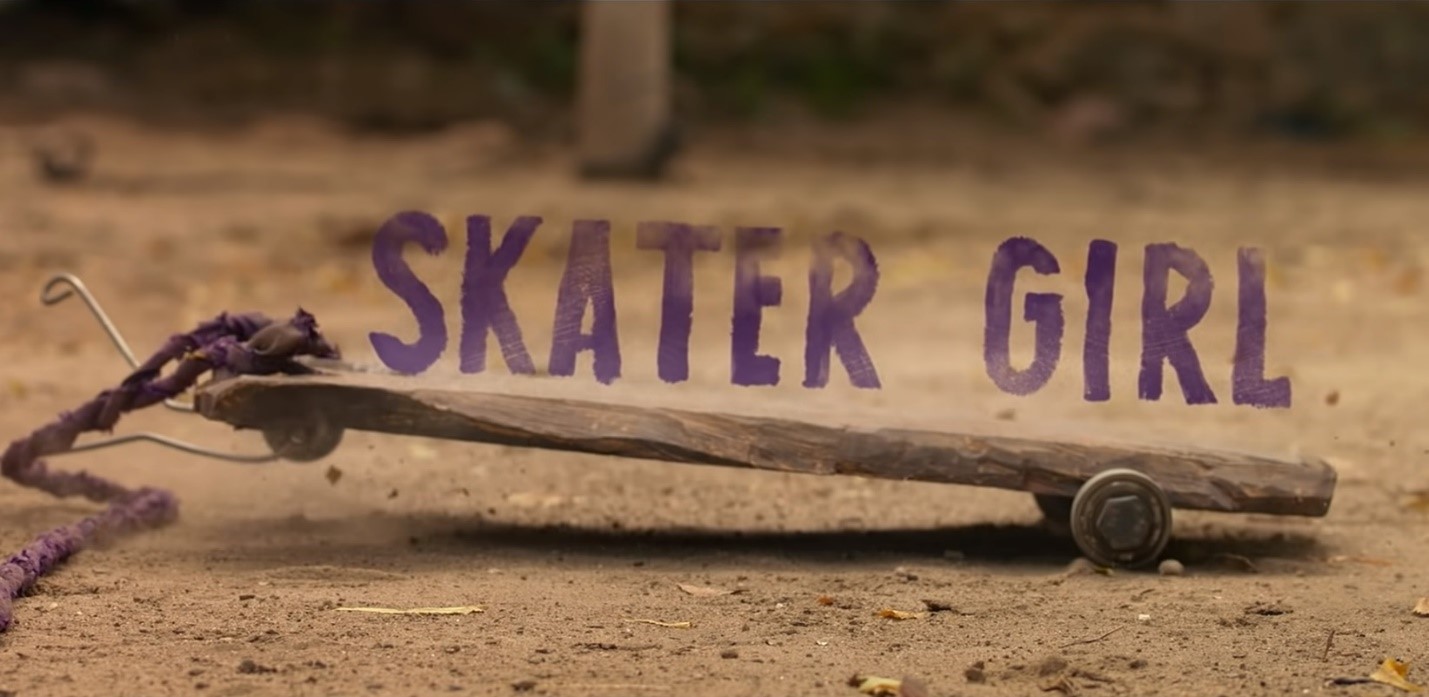
Jazeela Sherif is an engineer turned CFO, a painter and…
A popular Indian writer has a unique observation about Indians: “One strength of the Indian mind is that it knows some problem cannot be resolved, and it learns to make the best of them. That is the Indian answer to the insuperable difficulty. One does not fight against that by which one is certain to be overwhelmed; but one finds the best way, for oneself, to live with it.”
Is living with a problem without challenging it, or not questioning the dogmas associated with it, or looking for solutions within it, a strength or weakness, regardless of whether it simply crushes one’s dreams of any kind? Indians can be happy with simple solutions, ‘jugaad’ as it is called in Hindi, which is another way of solving problems, perhaps, not in a long-lasting way.
The ultimate source of entertainment, happiness and contentment for Indians seems to be matchmaking and the related bombastic events, not only as predominant in the innumerable movie plots and soap operas, but also as in real Indian life too. In spite of having to burn the entire life savings in the process, there is no other bigger ‘happiness project’ than marriages. The entire life seems to revolve around this.
Skater girl, directed by Manjari Markijany, and co-written by her sister Vinati, tells us the story of two women – one a village girl, who chase big dreams in their own respects for their happiness, fighting against the change-phobic, introverted society and its prejudices. It tells how a relatively noncompetitive sport like skateboarding can free your spirits, thoughts and give you a sense of freedom. In the process, it touches upon some of the most poignant issues in the society.
This film doesn’t fall strictly into the genre of a sports drama. It soars above the popular sports movie concepts (probably, an exception is Dangal) and questions social prejudices against women. Have we asked our young girls what they want to become when they grow up? Do young girls have to bury their dreams that fall outside the periphery of nuptial bliss and fulfilling the consequent obligations? How does one feel to go through this rather clichéd journey?
Prerna, a village girl, is more or less a school dropout, partly due to her poverty. She is deprived of education, primarily due to the fact that all the attention and resources are diverted to the grooming of her male sibling, Ankush. Her mother is prevented from augmenting the family income by working outside for the sake of protecting the male ego. Prerna, while accepting the household chores and the restrictive life, also nourishes her dreams to break out of all these and enjoy freedom, in one way or the other. The crudely constructed ‘bearing gadi’ (a thin wooden board on metal wheels used as pulling cart) by Anksuh is a means of joy riding for the siblings.
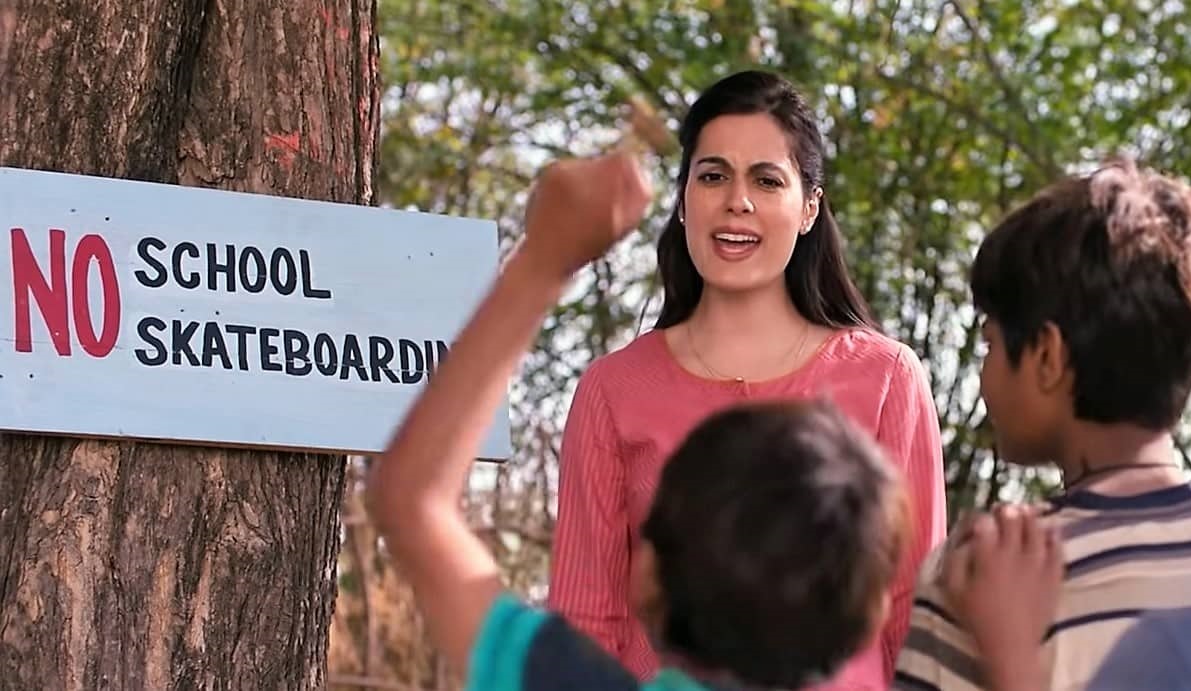
A young lady from London, Jessica who comes to the village in search of her father’s ancestral roots bumps into Prerna. A pleasant friendship develops between them, and Jessica helps her to go back to school.
As Erik, Jessica’s friend and a skateboarding instructor skates into the village on a casual visit, little did the children of the village know that this is going to change their lives. They are amused to see the sophisticated version of Ankush’s bearing gadi. Prerna experiences her first skateboard ride on a borrowed skateboard and is overwhelmed with a never-before feel of ecstasy. It sets her out on a new path, of chasing a dream to feel the sense of freedom.
Jessica strikes a chord with the kids, goes one step ahead and buys skate boards for all of them. The army of kids literally freak out into the streets, wreaking havoc and causing somewhat perilous disruption to life there. Soon, skateboards are banned and skating is made a punishable offence in the village. As Jessica questions the police officer who confiscated the skateboards, he asks for permit and Aadhar card (civil identity card) for engaging in the sport with a ‘videshi chees’ (foreign stuff). Jessica comes to term with the problems of the villagers. They think it is easily avoidable altogether with nothing substantial to lose. But she was not ready to live with the problem. The children go on a Gandhian style protest to reinstate the sport into their life.
She realizes that skating has disrupted the order of life, disturbed the status quo of the change resistant society and even dislodged the cast difference, at least among the kids, creating the ideal ground for a social change.
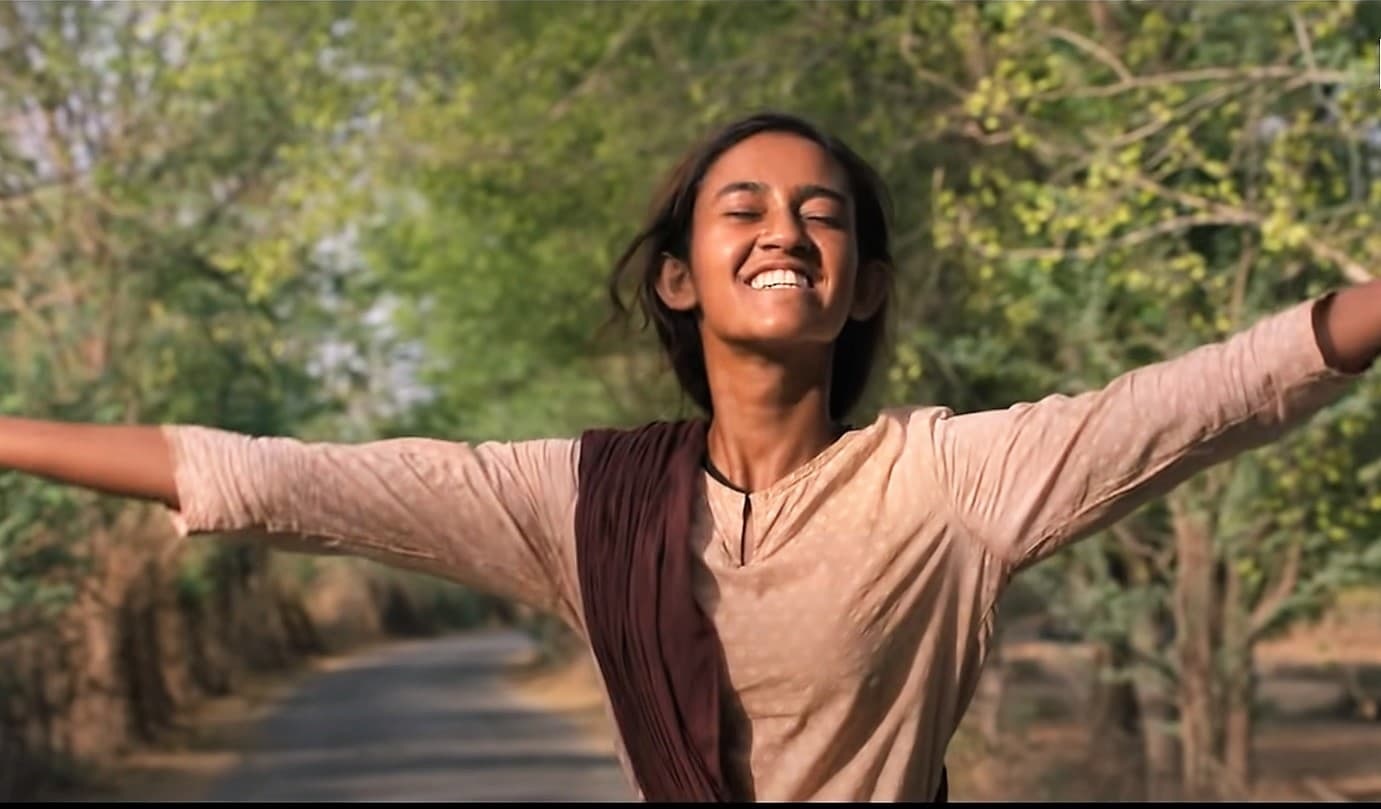
Skating can be a robust tool for storytelling, a spark of contagious joy and inspiration in many respects, but it can also mean different things to different people.
Jessica now wants to take it to the next level, a big leap from where she had started -building a skatepark in the village and making it a joyous sporting experience for all. Both Jessica and Prerna are on warpath to fulfill their dreams in their own ways, though Prerna has more obstacles to overcome as a young village girl. Jessica finds a financier, another great woman, the local Maharani (erstwhile queen) who believes in giving a new future to the women who are denied even the right to think of their future.
The impossible is soon made possible. The skatepark becomes a reality with the help of many good minded friends, amidst opposition from the villagers. Children more boldly skate as soon as a championship is announced. Prerna has to practice skating stealthily since her father do not approve girls engaging in sports.
The girl’s mother who had been through a restrictive life regime as a woman is empathetic, and asks her why she feels so good to skate. Prerna answers that there are no controls or rules to follow, you feel free like gliding in the sky and feel as if it belongs to you. Alas, Prerna is held back by her father forcefully, for fear of upsetting the prospects of her marriage, the only reason of her existence, in his opinion. Even Jessica is insulted by him for being single, corrupting Prerna and for interfering in their life.
It is saddening to see that, in movies after movies, young girls are seen humiliated and pushed into marriages against their wishes for dreaming big. Few have the strength and determination to chase their dreams, the courage to break the barriers, and set themselves free from the shackles of societal norms.
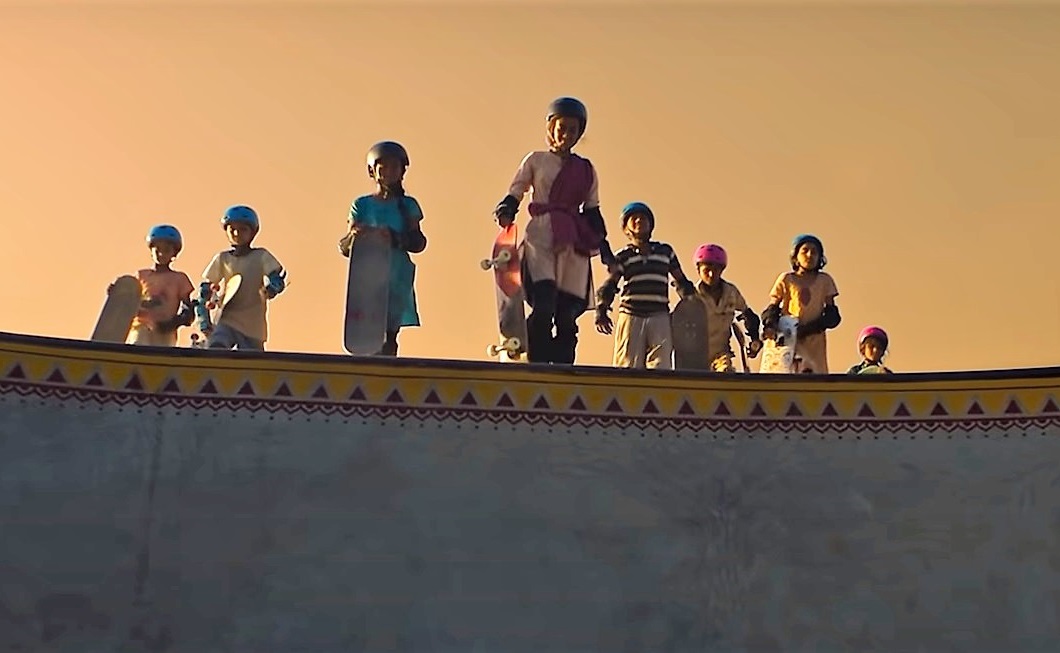
The boundless joy and the sense of achievement on learning the tricks of the sport, as seen on the faces of those kids skateboarding in the park, is the true reward for watching this movie.
The children are catapulted to another world. It is the realization of a true happiness project. A life that could have been wasted just washing utensils, cleaning homes and looking after children is now saved by the sport.
Debut performance of Rachel Saanchita Gupta as Prerna is outstanding. She lives the role of a baffled young girl racing against gender prejudices. Her helplessness touches us deeply. Amrit Maghera as Jessica is a good choice.
The real surprise comes when you are told at the end of the movie that the skatepark seen in the film, in a typical under-developed village in Rajasthan, was not just a film set but a real one built for the movie in just 48 days by the film crew, and dedicated to the village. What more can demonstrate a socially responsible film making?
(Skater Girl, Hindi, 2021. Available on Netflix)
(NOTE: FILM SENSE aims only to give a brief idea about the film and its significance – socially and as a work of art. All images are sourced from the official trailer of the respective movies and are hereby acknowledged. Pictures help the readers to connect easily with the story hint, and are used with the good intention of promoting the work. Objections, if any, from the owners of the productions, shall be communicated through the contact form, upon which the pictures used will be removed)
What's Your Reaction?
Jazeela Sherif is an engineer turned CFO, a painter and a trained singer. Besides engineering, she holds an M.B.A, PhD, and an MSc in Financial Engineering.

